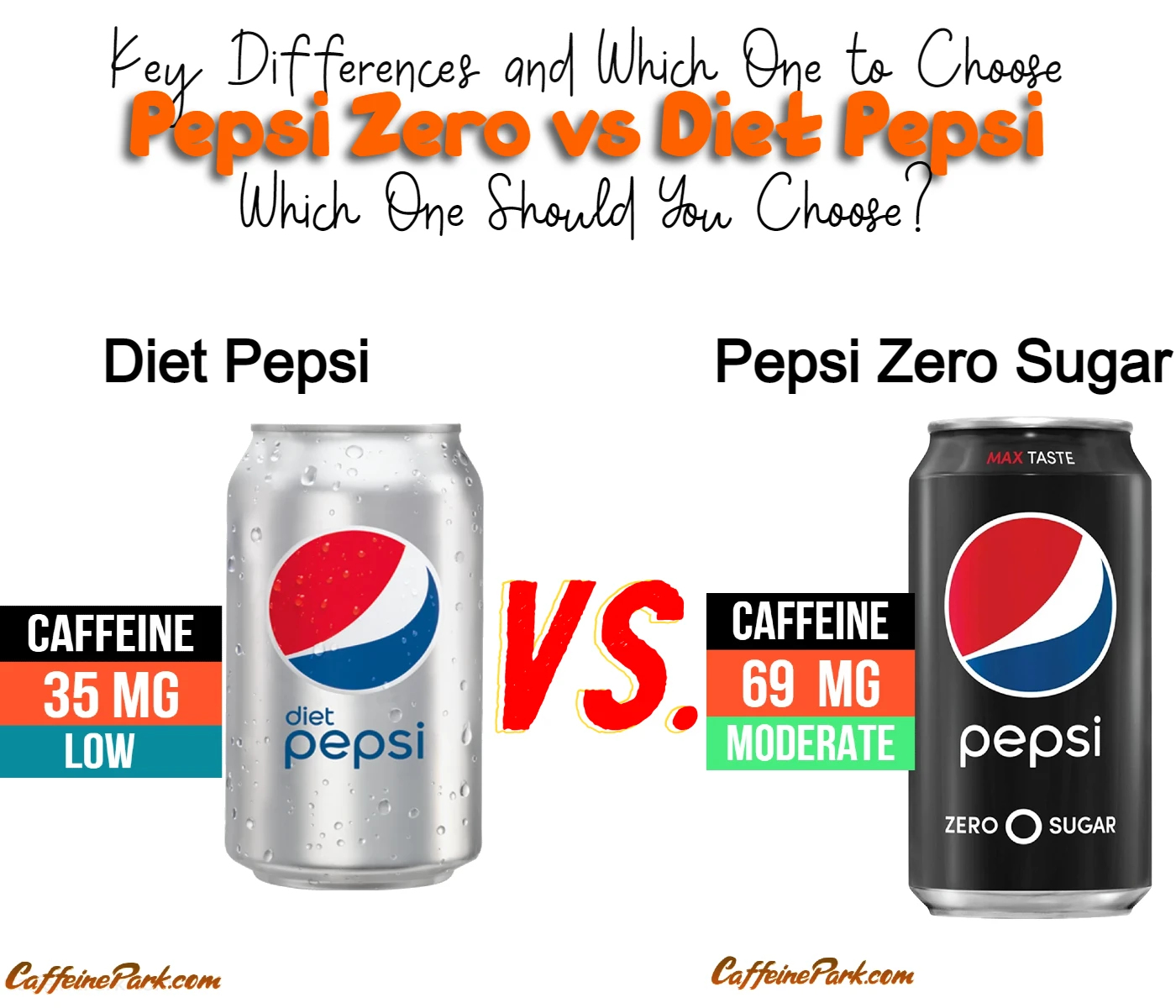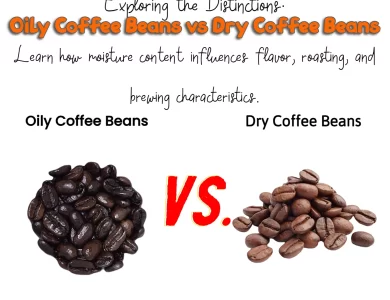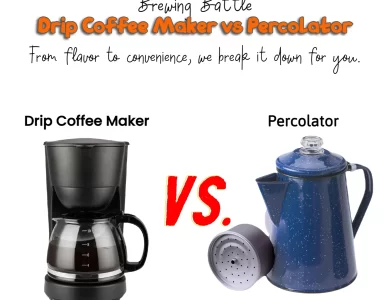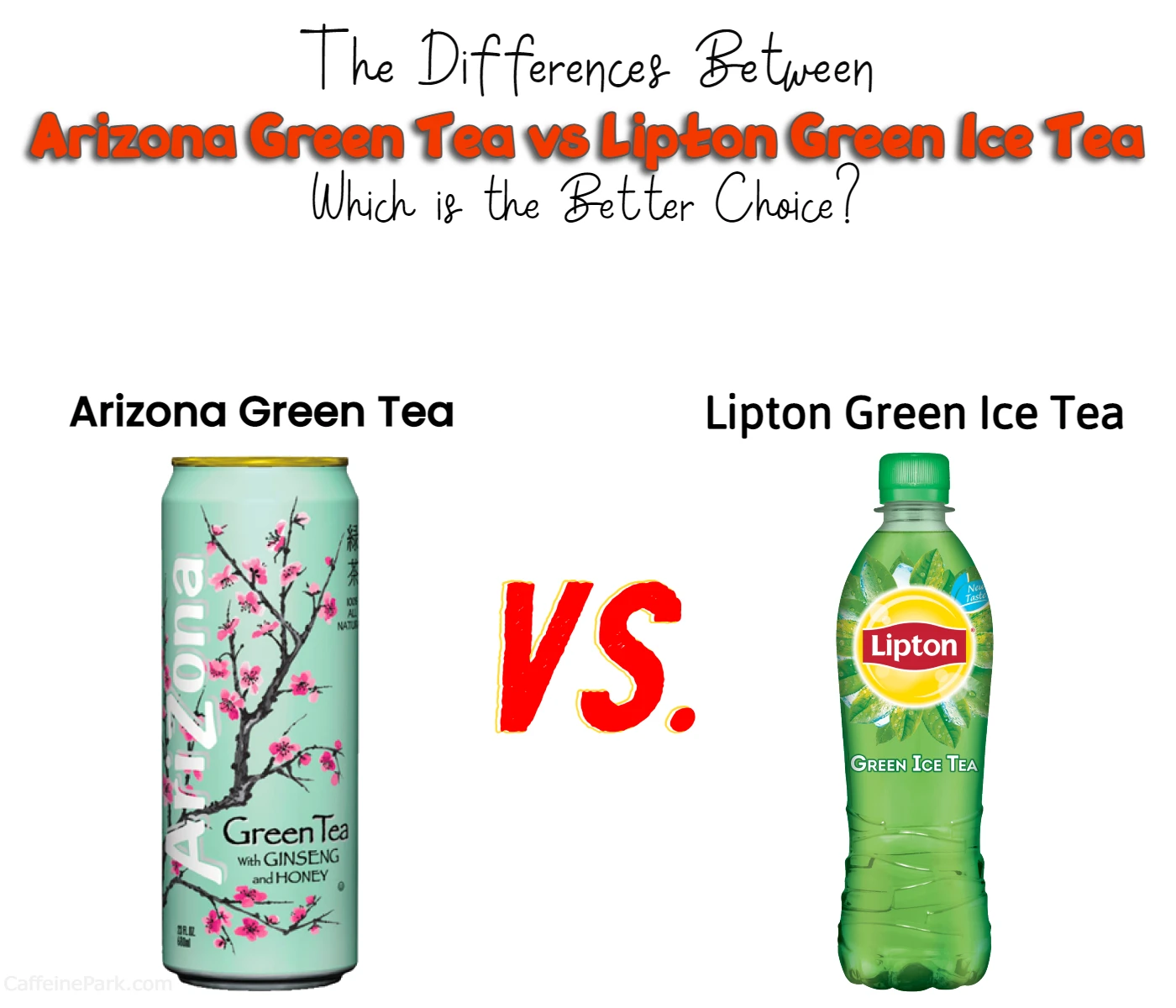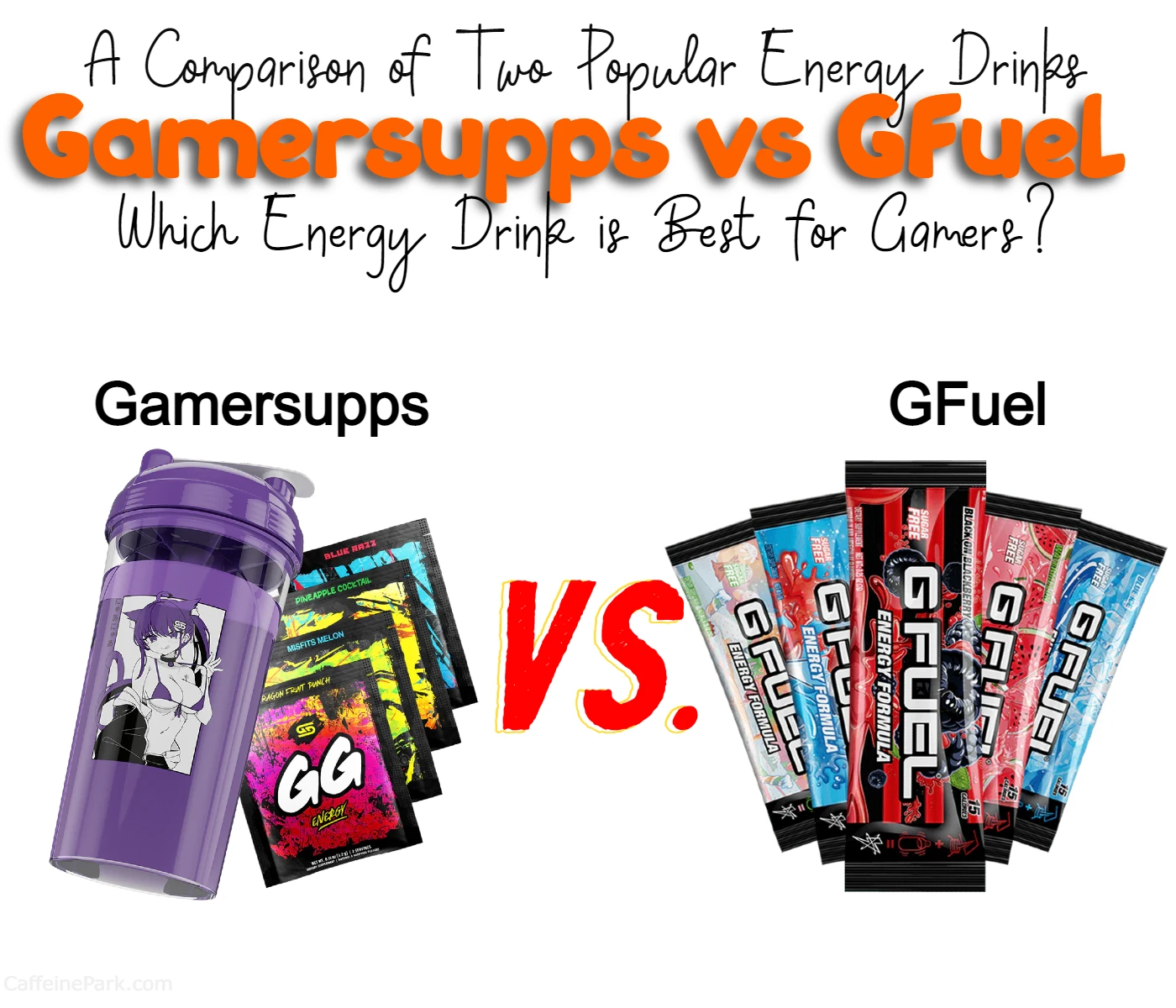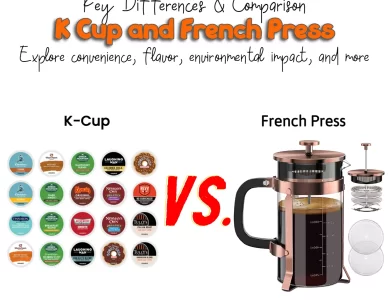Diet Coke vs Diet Pepsi
Exploring the Key Differences between Diet Pepsi and Diet Coke
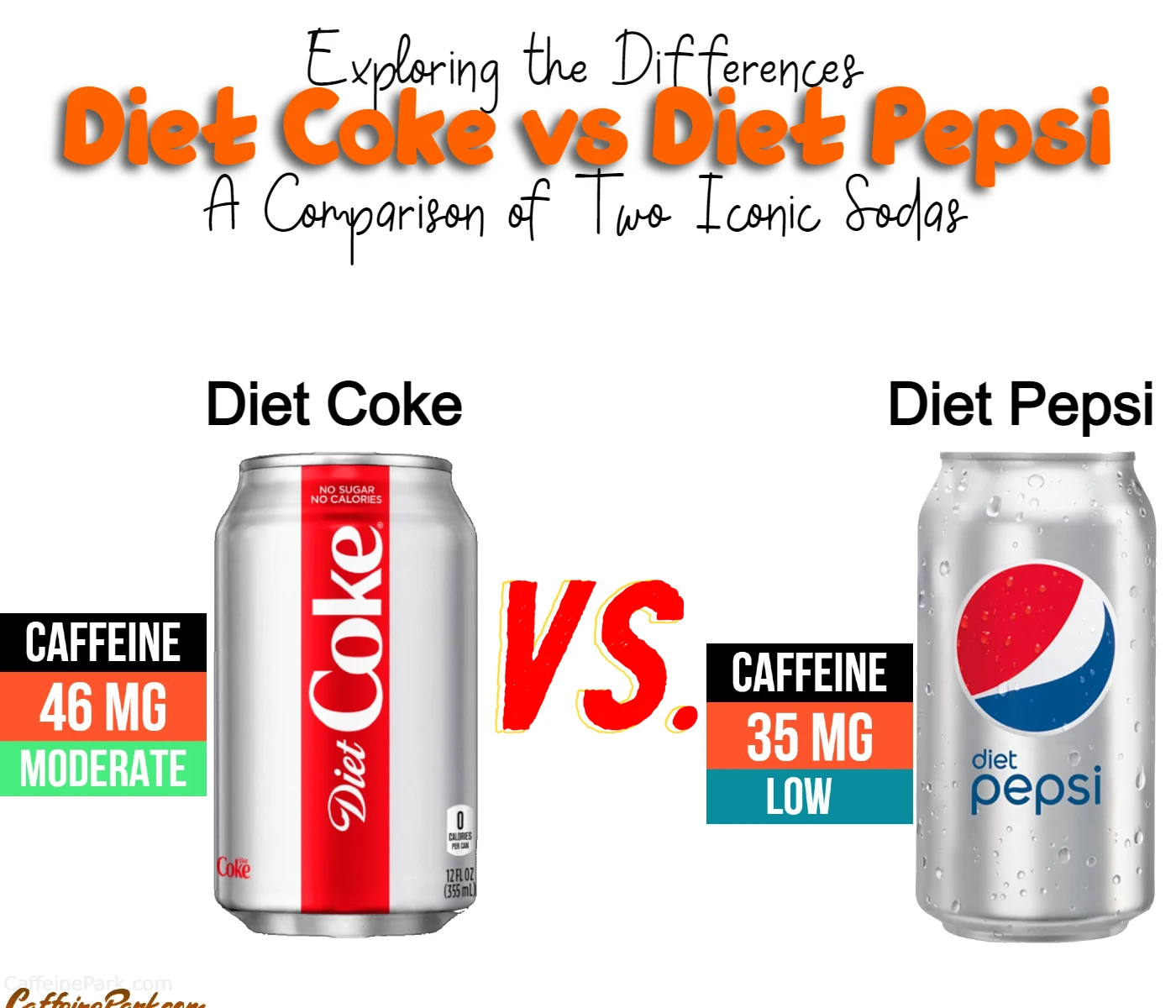
Are you a fan of Diet Coke or Diet Pepsi? Perhaps you’ve never tried one of these popular low-calorie sodas and are curious about the differences between the two. Well, you’ve come to the right place! In this blog post, we’ll dive into the world of Diet Coke and Diet Pepsi and explore the key differences between these two iconic drinks.
But first, a little background. Diet Coke and Diet Pepsi were both introduced in the 1980s as low-calorie alternatives to their full-sugar counterparts. Over the years, they’ve become staples in the soda aisle and are enjoyed by millions of people around the world. Despite their similarities, there are some notable differences between these two drinks that set them apart from one another.
So, whether you’re a die-hard Diet Coke fan or a loyal Diet Pepsi drinker, or even if you’ve never tried either drink before, this blog post is for you. We’ll cover everything from taste and ingredients to packaging and brand loyalty. By the end of this post, you’ll have a better understanding of what makes these drinks unique and which one might be the right choice for you. So, sit back, grab a cold drink, and let’s dive in! And don’t forget to read until the end for my final thoughts on the matter.
Here’s a quick chart outlining the key differences between Diet Coke and Diet Pepsi:
| Aspect | Diet Coke | Diet Pepsi |
|---|---|---|
| Flavor | Lighter, sweeter, citrusy | Bolder, robust, cola with tangy notes |
| Main Sweeteners | Aspartame, Acesulfame Potassium | Aspartame |
| Availability | More widely available | More regional |
| Brand Loyalty | Strong | Also strong |
| Nutritional Profile | Zero calories | Zero calories |
| Caffeine | Zero calories, artificial sweeteners | Zero calories, artificial sweeteners |
| Packaging Variations | Lime, Wild Cherry, Vanilla, Caffeine-Free | Cherry, Ginger Lime, Feisty Cherry, Caffeine-Free |
| Consumer Loyalty | Strong following and preferences | Strong following and preferences |
Difference between Diet Pepsi and Diet Coke
If you’re a fan of low-calorie sodas, you may be wondering about the difference between Diet Coke and Diet Pepsi. While both are popular diet drinks, there are some distinct differences between the two. In this article, I’ll break down the main differences between Diet Coke and Diet Pepsi.
History
Before we dive into the differences between the two drinks, let’s take a quick look at their histories. Diet Pepsi was introduced in 1964 as a low-calorie version of Pepsi-Cola. The drink was created in response to the growing demand for diet products, and it quickly became a popular alternative to regular Pepsi.
Diet Coke, on the other hand, didn’t hit the market until 1982. The drink was created after Coca-Cola lost a significant share of the soda market to Pepsi, which was already selling Diet Pepsi. Diet Coke was marketed as a more masculine, “diet for men” alternative to Diet Pepsi.
Taste
When it comes to taste, both Diet Coke and Diet Pepsi have their own distinct flavors. Diet Coke has a slightly more acidic taste than regular Coca-Cola, which some people find refreshing. Diet Pepsi, on the other hand, has a sweeter taste than regular Pepsi, which can make it more appealing to those who don’t like the taste of diet drinks.
If you’re a die-hard Coke or Pepsi fan, you may prefer one over the other simply because of the taste. However, if you’re not particularly attached to either brand, it’s worth giving both Diet Coke and Diet Pepsi a try to see which one you prefer.
Ingredients
While both Diet Pepsi and Diet Coke are marketed as zero-calorie sodas, they do differ slightly in their ingredients. Here’s a breakdown of what goes into each of these beloved beverages:
Diet Pepsi: Diet Pepsi’s ingredient list includes carbonated water, caramel color, phosphoric acid, aspartame, potassium benzoate (preserves freshness), caffeine, citric acid, natural flavor, and acesulfame potassium. Aspartame and acesulfame potassium are artificial sweeteners that provide a sweet taste without adding calories.
Diet Coke: Diet Coke, on the other hand, contains carbonated water, caramel color, phosphoric acid, aspartame, potassium benzoate (preserves freshness), natural flavors, citric acid, caffeine, and potassium citrate. Similar to Diet Pepsi, Diet Coke relies on aspartame as an artificial sweetener to achieve its zero-calorie status.
It’s worth noting that both sodas contain caffeine, although the exact amount may vary slightly. Caffeine content can provide a pick-me-up for those in need of a little energy boost.
Branding and Packaging: Recognizable Icons
Beyond flavor and ingredients, the branding and packaging of Diet Pepsi and Diet Coke have also played a significant role in their competition over the years. Both brands have built a strong identity and amassed a loyal following through their marketing efforts.
Diet Pepsi: Diet Pepsi has adopted a vibrant, youthful image, targeting a wide range of consumers. The logo features a distinctive red, white, and blue circle with a wavy white band across the middle. Over the years, Diet Pepsi has collaborated with various celebrities and launched catchy ad campaigns, aiming to appeal to trend-conscious and health-conscious individuals alike.
Diet Coke: Diet Coke, on the other hand, has cultivated a sleek and sophisticated image. Its logo consists of the brand name in bold, capitalized letters against a silver background. Diet Coke has a history of collaborating with fashion designers, artists, and other influential figures to maintain its stylish image. This approach has helped the brand establish a strong presence among those seeking a cool and contemporary beverage choice.
Variety and Product Lineup: Choices Galore
Both Diet Pepsi and Diet Coke offer a range of flavors and product variations to cater to the diverse preferences of consumers. Let’s explore the variety and product lineup of these two popular diet soda brands:
Diet Pepsi:
Diet Pepsi has expanded its offerings beyond the classic diet cola flavor. Here are some notable variations you can find under the Diet Pepsi brand:
- Diet Pepsi Lime: This variant infuses a refreshing twist of lime into the original Diet Pepsi, adding a citrusy zing to the familiar taste.
- Diet Pepsi Wild Cherry: For those who enjoy a hint of fruity flavor, Diet Pepsi Wild Cherry combines the boldness of cola with a sweet and tangy cherry twist.
- Caffeine-Free Diet Pepsi: As the name suggests, this option provides the same great taste as Diet Pepsi without the caffeine content. It’s a suitable choice for those looking to reduce their caffeine intake.
- Diet Pepsi Vanilla: This variant adds a creamy and smooth vanilla flavor to the classic Diet Pepsi, creating a delightful balance of cola and vanilla notes.
In addition to these variations, Diet Pepsi also offers a range of package sizes, including cans, bottles, and multipacks, ensuring you can find the perfect size for any occasion.
Diet Coke:
Similar to Diet Pepsi, Diet Coke has expanded its product lineup to cater to different tastes and preferences. Here are some notable variations under the Diet Coke brand:
- Diet Coke Cherry: Combining the bold cola flavor with a burst of sweet cherry, Diet Coke Cherry offers a tantalizing blend of taste that is both refreshing and fruity.
- Diet Coke Ginger Lime: This unique combination of zesty lime and spicy ginger provides a tangy and invigorating twist to the classic Diet Coke.
- Diet Coke Feisty Cherry: For those who crave a bolder and more intense flavor, Diet Coke Feisty Cherry delivers a punch of cherry with a hint of spice, creating a fiery taste experience.
- Diet Coke Caffeine-Free: Just like its counterpart, Diet Coke offers a caffeine-free version for those who want to enjoy the iconic flavor without the stimulating effects of caffeine.
Diet Coke also provides a variety of packaging options, including cans, bottles, and sleek cans, giving consumers flexibility in choosing their preferred size and style.
Marketing
Marketing can play a big role in how people perceive different brands, and that’s certainly true when it comes to Diet Coke and Diet Pepsi. Diet Coke was originally marketed as a more masculine drink, with ads featuring rugged, outdoorsy men drinking the soda. Diet Pepsi, on the other hand, was marketed as a drink for women, with ads featuring young, attractive women.
In recent years, both brands have shifted their marketing strategies to focus more on the taste and ingredients of their drinks. However, there’s still a bit of a divide between those who prefer Diet Coke and those who prefer Diet Pepsi based on the branding and marketing of the drinks.
Nutritional Profile: Zero Calories, but Different Formulations
Both Diet Pepsi and Diet Coke are marketed as zero-calorie beverages, making them an appealing choice for those watching their calorie intake. However, it’s important to note that they achieve this through the use of artificial sweeteners.
Diet Pepsi utilizes aspartame and acesulfame potassium as its main sweeteners, while Diet Coke relies on aspartame. These artificial sweeteners provide the desired sweetness without contributing to the calorie count of the beverages.
It’s worth mentioning that while these diet sodas are low in calories, they do contain other ingredients such as phosphoric acid and caffeine. Phosphoric acid is added to provide tartness and to balance the sweetness, while caffeine is naturally present or added for its stimulating effects.
It’s always a good idea to consume any beverage, including diet sodas, in moderation and as part of a balanced diet. If you have specific dietary concerns or health conditions, it’s advisable to consult with a healthcare professional.
Caffeine Content
Diet Coke and Diet Pepsi both contain caffeine, a natural stimulant that can help increase alertness and improve focus. The amount of caffeine in each drink can vary depending on the specific product and serving size.
A 12-ounce can of Diet Coke contains approximately 46 milligrams of caffeine, while a 12-ounce can of Diet Pepsi contains around 35 milligrams. However, it’s important to note that caffeine content can vary by region and can also differ depending on the specific formulation of the product.
Consuming too much caffeine can have negative side effects, including jitters, anxiety, and insomnia. It’s also worth noting that some people are more sensitive to caffeine than others and may experience these effects at lower doses. If you’re concerned about your caffeine intake, it’s a good idea to speak with your healthcare provider to determine the appropriate amount for your individual needs.
Availability and Market Reach: Global Presence
Diet Pepsi and Diet Coke are both global brands with wide availability in various markets. These sodas can be found in supermarkets, convenience stores, restaurants, and vending machines, ensuring accessibility for consumers around the world. The reach and distribution of these brands make it convenient for individuals to enjoy their favorite diet soda wherever they may be.
Both Diet Pepsi and Diet Coke have established partnerships with bottling companies and distributors to ensure their products are readily available. This widespread availability contributes to the popularity and familiarity of these brands among consumers.
Consumer Preferences and Loyalty
When it comes to choosing between Diet Pepsi and Diet Coke, consumer preferences and brand loyalty play a significant role. Over the years, individuals have developed personal preferences based on taste, branding, and familiarity with a particular soda. Some consumers have a strong allegiance to one brand, while others may switch between the two depending on their mood or preference.
The battle for consumer loyalty between Diet Pepsi and Diet Coke has been ongoing, with each brand striving to attract and retain customers. Marketing campaigns, celebrity endorsements, and innovative product variations are some of the strategies employed by both brands to connect with their target audience and build brand loyalty.
Price
Another factor to consider when choosing between Diet Coke and Diet Pepsi is price. Depending on where you shop, one drink may be more expensive than the other. In general, Coke products tend to be slightly more expensive than Pepsi products, but the difference is usually small.
If you’re trying to save money on groceries or are on a tight budget, it may be worth comparing prices to see which drink is more affordable. However, keep in mind that price isn’t the only factor to consider when choosing a drink. You’ll also want to consider taste, nutrition, availability, and brand loyalty.
Final Thoughts
In conclusion, there are some differences between Diet Coke and Diet Pepsi, but they are both low-calorie sodas that can help you cut down on your sugar intake. The main differences between the two drinks include taste, ingredients, packaging, marketing, availability, and brand loyalty.
Ultimately, the choice between Diet Coke and Diet Pepsi comes down to personal preference. Both drinks have their own unique flavors and characteristics, so it’s worth trying both to see which one you prefer. And remember, whether you choose Diet Coke, Diet Pepsi, or another low-calorie drink, it’s important to consume them in moderation as part of a balanced diet.
FAQs
While both are low-calorie sodas, Diet Coke and Diet Pepsi have some notable differences in taste, ingredients, and packaging. Diet Coke has a more distinctive, slightly citrusy taste, while Diet Pepsi has a sweeter, more subdued flavor. Diet Pepsi also contains a blend of artificial sweeteners, while Diet Coke primarily uses aspartame.
Both Diet Coke and Diet Pepsi are low-calorie beverages that can be part of a healthy diet in moderation. However, they both contain artificial sweeteners, which some people prefer to avoid. Additionally, some studies suggest that consuming artificial sweeteners may have negative health effects, so it’s important to consume them in moderation and as part of an overall balanced diet.
In terms of sales, Diet Coke is generally more popular than Diet Pepsi. However, this can vary by region and demographic. Additionally, both drinks have loyal followings and strong brand recognition.
In most cases, you can substitute Diet Coke for Diet Pepsi or vice versa in recipes without a significant difference in the outcome. However, if the recipe is highly sensitive to taste or texture, you may want to stick with the specified soda.
While Diet Coke and Diet Pepsi are low-calorie beverages, consuming them alone is unlikely to result in significant weight loss. A healthy diet and regular exercise are still the most effective ways to achieve and maintain a healthy weight.
Read More:
